Relations with France Fall Apart
America’s first armed conflict with a foreign nation following the American Revolution was not the War of 1812, but rather a mostly forgotten fight called the Quasi-War. Although little known today, in its time it made a significant impact on the course of American history, affecting trade, the creation of the United States Navy, and a presidential election.
The trail of events that led to the Quasi-War began with the overthrow and execution of King Louis XVI during the bloody French Revolution. Those events roiled Europe and the ever-festering wound between France and England reopened into a conflict known as The War of the First Coalition (1792-1797).
Not wanting to get drawn into that European conflict, on April 22, 1793, President George Washington issued his Proclamation of Neutrality declaring America’s intention to remain neutral. This declaration angered the French because they considered our 1778 Treaty of Alliance, signed during the American Revolution and without an end date, still in effect.
Congress disagreed, arguing that our treaty was with the monarchy of King Louis XVI and with no king there was no treaty. Using this same rationale, Congress also declared the United States would no longer repay our loans to France that we incurred during the American Revolution.
France accepted the decision to not join the fight and even the suspension of loan repayments. However, they insisted the United States allow French privateers (privately owned ships authorized by the government to capture enemy merchant vessels for a share of the prize money) with captured British ships into American ports, but not extend the same courtesy to England. Congress denied this demand arguing that neutrality meant equal treatment for both sides, and the United States intended to honor that position.
Later that year, in a blatant attempt to compromise our neutrality, France sent an envoy, Edmond-Charles Genet, also known as “Citizen Genet,” to America to stir up support for France. Despite receiving the support of Secretary of State Thomas Jefferson and other pro-French Americans, Genet was quickly called onto the carpet by President Washington, who demanded his recall by France.
In 1794, with tensions rising across Europe, President Washington dispatched John Jay to England to iron out differences with that country remaining from the 1783 Treaty of Paris. Jay, who was the chief justice of the Supreme Court at the time, finalized an agreement, known as the Jay Treaty, which achieved our diplomatic goals and called for improved trade relations. Congress ratified it in June 1795, with an effective date of February 29, 1796.
As a result of the Jay Treaty, our exports to England nearly tripled between 1794 and 1801, growing from $33 million to $94 million. This increased trade was a huge help to our nation’s economy, benefiting merchants, ship owners, and artisans. The Treaty was set for ten years and expired when Thomas Jefferson, who was president in 1806 and anti-British, refused to renew it. France viewed this agreement as a serious breach of our 1778 Treaty of Alliance. Consequently, in the fall of 1796, French privateers began seizing American merchant ships.
Unfortunately, the United States was helpless to respond because the lack of any naval presence. Due to the country’s dire financial position at the end of the American Revolution, Congress had disbanded the Continental Navy, selling its last ship in 1785. Recognizing our vulnerability, President Washington persuaded Congress to pass the Naval Act of 1794, which authorized the building of six frigates. However, work went at a snail’s pace, and, in 1797, none were ready to go to sea.
Due to our lack of preparedness, Secretary of State Timothy Pickering, in a report to Congress on June 21, 1797, stated French privateers had captured 316 American vessels in less than a year. This amount equated to about 6 percent of our total merchant fleet and even Congress recognized something had to be done.
"Charles Cotesworth Pinckney." National Portrait Gallery, Smithsonian Institution.
In December 1796, to add insult to injury, the French Directory refused to accept the new United States ambassador, Charles Cotesworth Pinckney, despite his impressive credentials. Pinckney was a native of Charleston who had been educated at Oxford before returning home just before the American Revolution began. He saw action in several key battles such as Brandywine and Germantown, rising to the rank of Brigadier General. After the war, Pinckney resumed his legal work and was a signer of the United States Constitution.
To quell the anger caused by this affront and the losses due to French privateers, President John Adams, recently inaugurated on March 4, 1797, sent a peace commission to France. It was still his utmost desire to maintain the neutrality of the United States. John Marshall and Elbridge Gerry departed America in the summer of 1797 to join Pinckney in Paris and find a resolution to the crisis. Unfortunately, Adams’s olive-branch lead to the XYZ Affair which only made matter worse, confirming the the old adage “no good deed goes unpunished.”
Faced with growing calls to strike back at France and recognizing the importance of maintaining our national dignity, Adams allowed the country to drift into a grayish international space where battles were fought and rights were defended with the tacit approval of all, but where war was declared by none.
Next week, we will discuss the Quasi War with France. Until then, may your motto be “Ducit Amor Patriae,” love of country leads me.

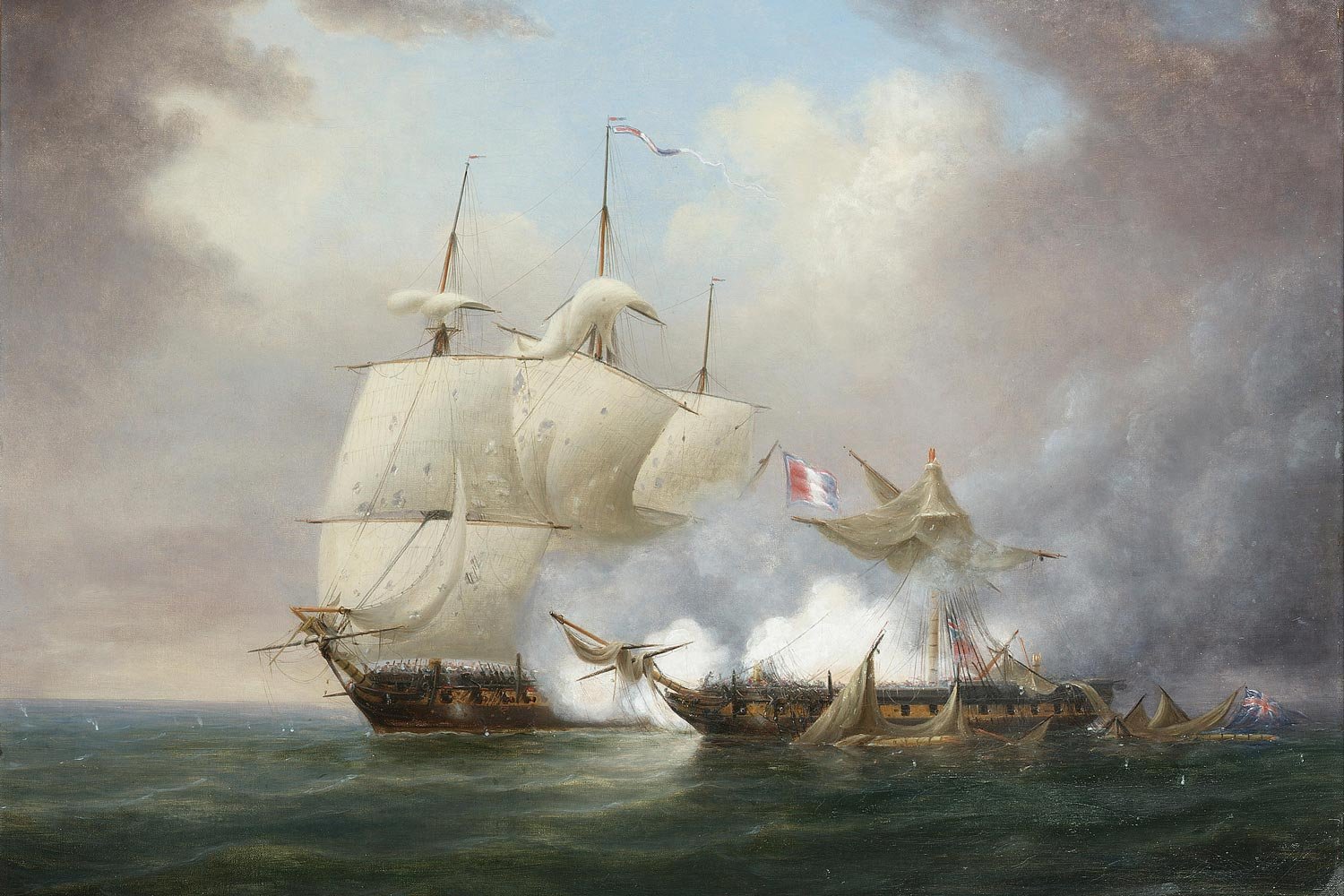
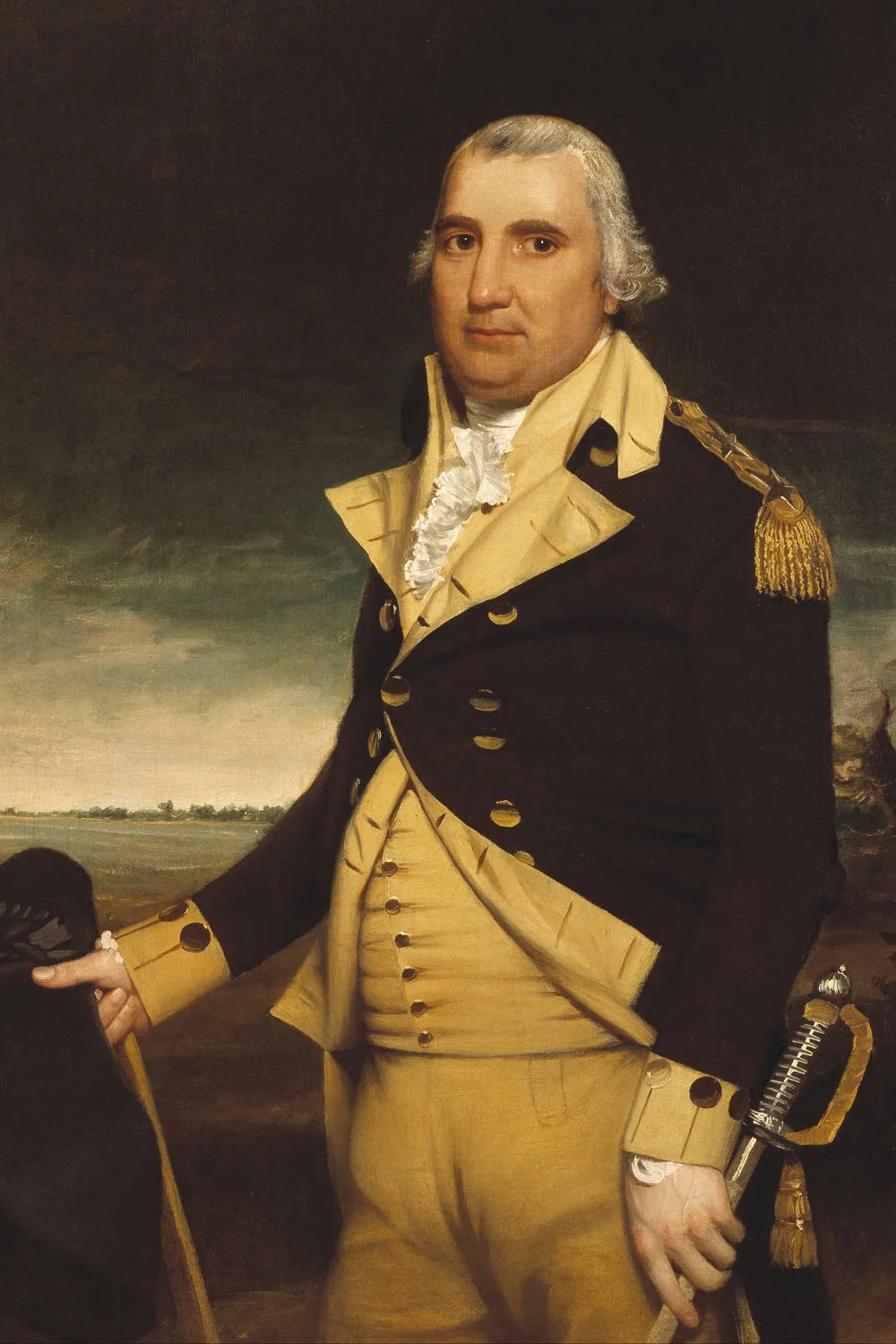
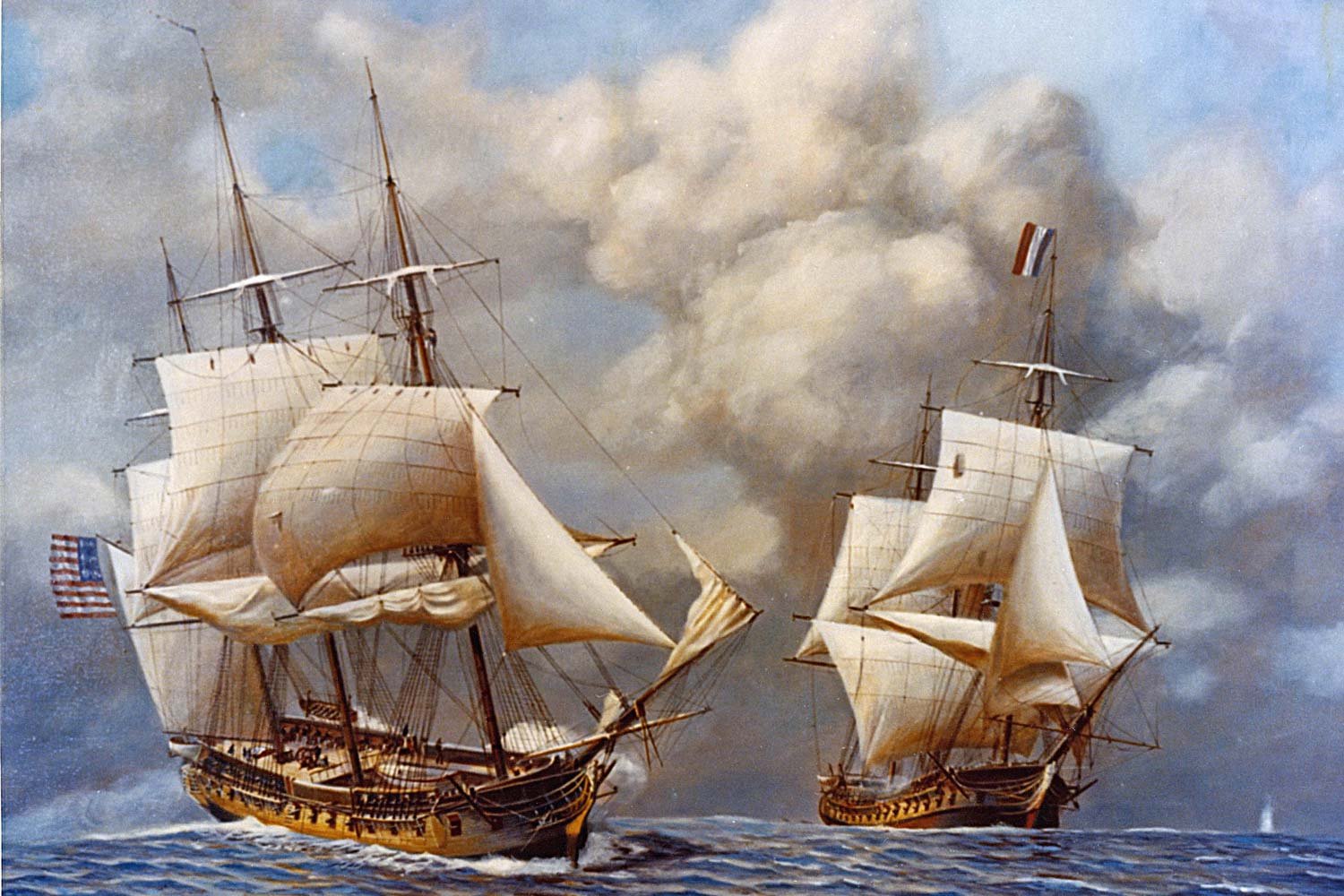
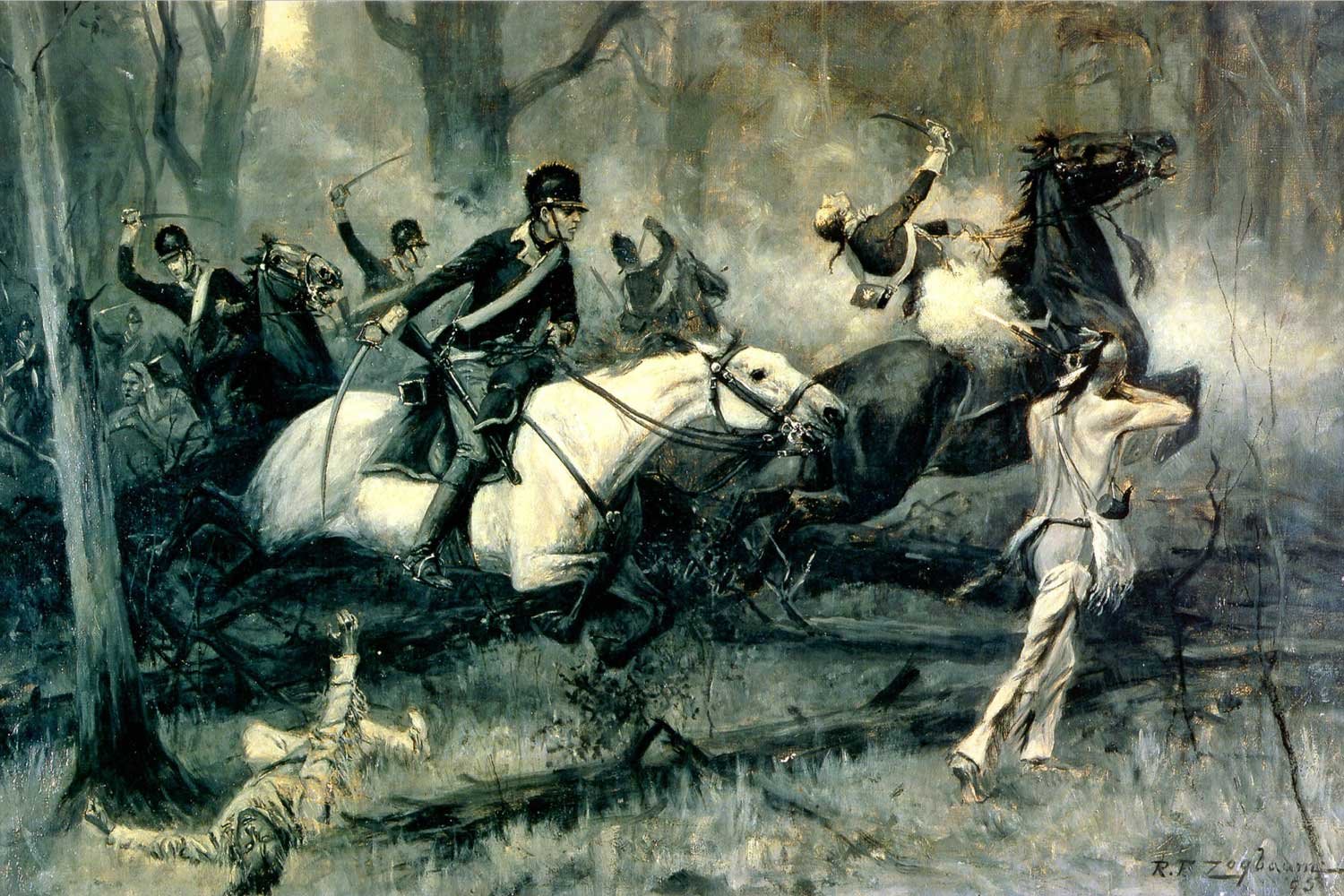
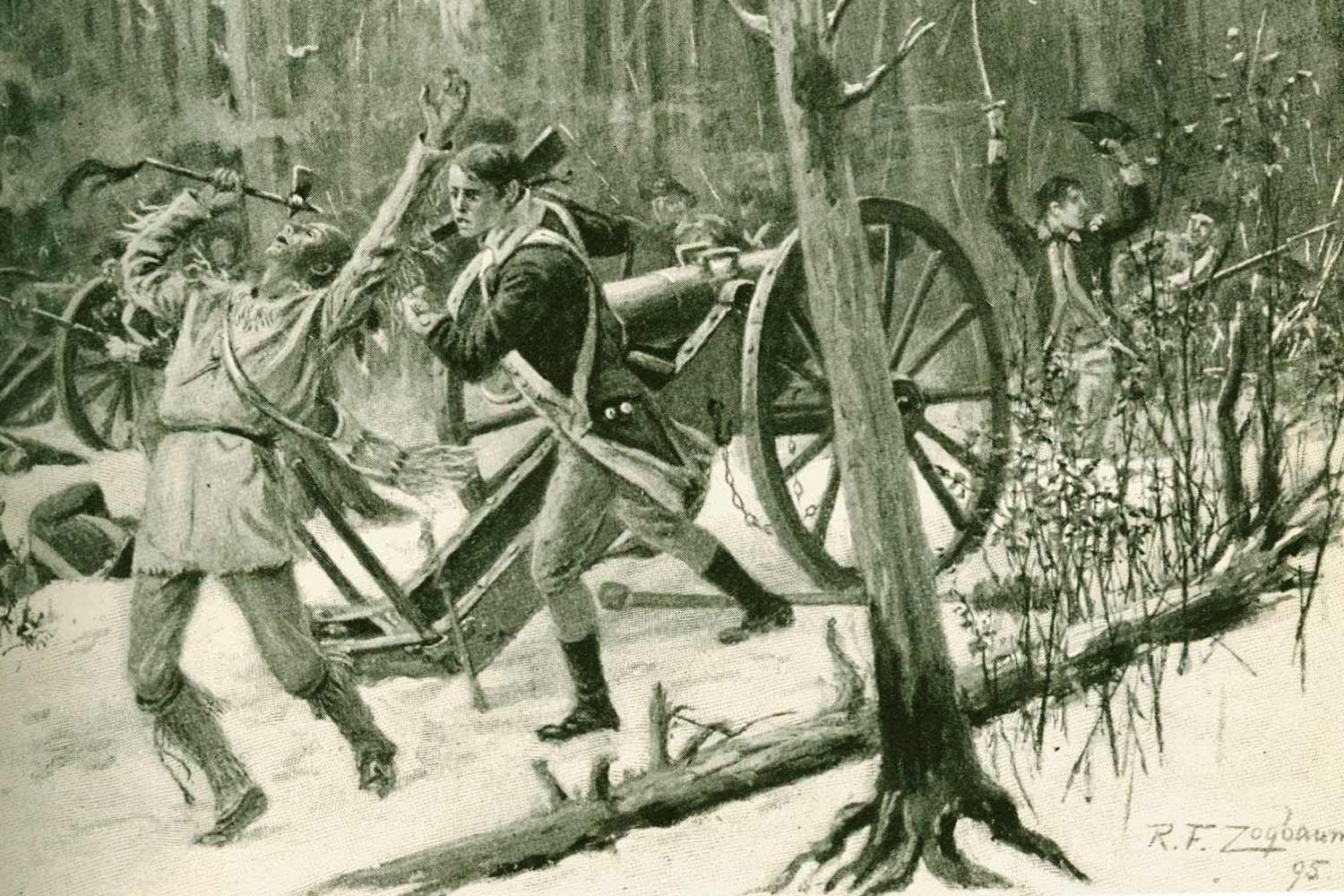
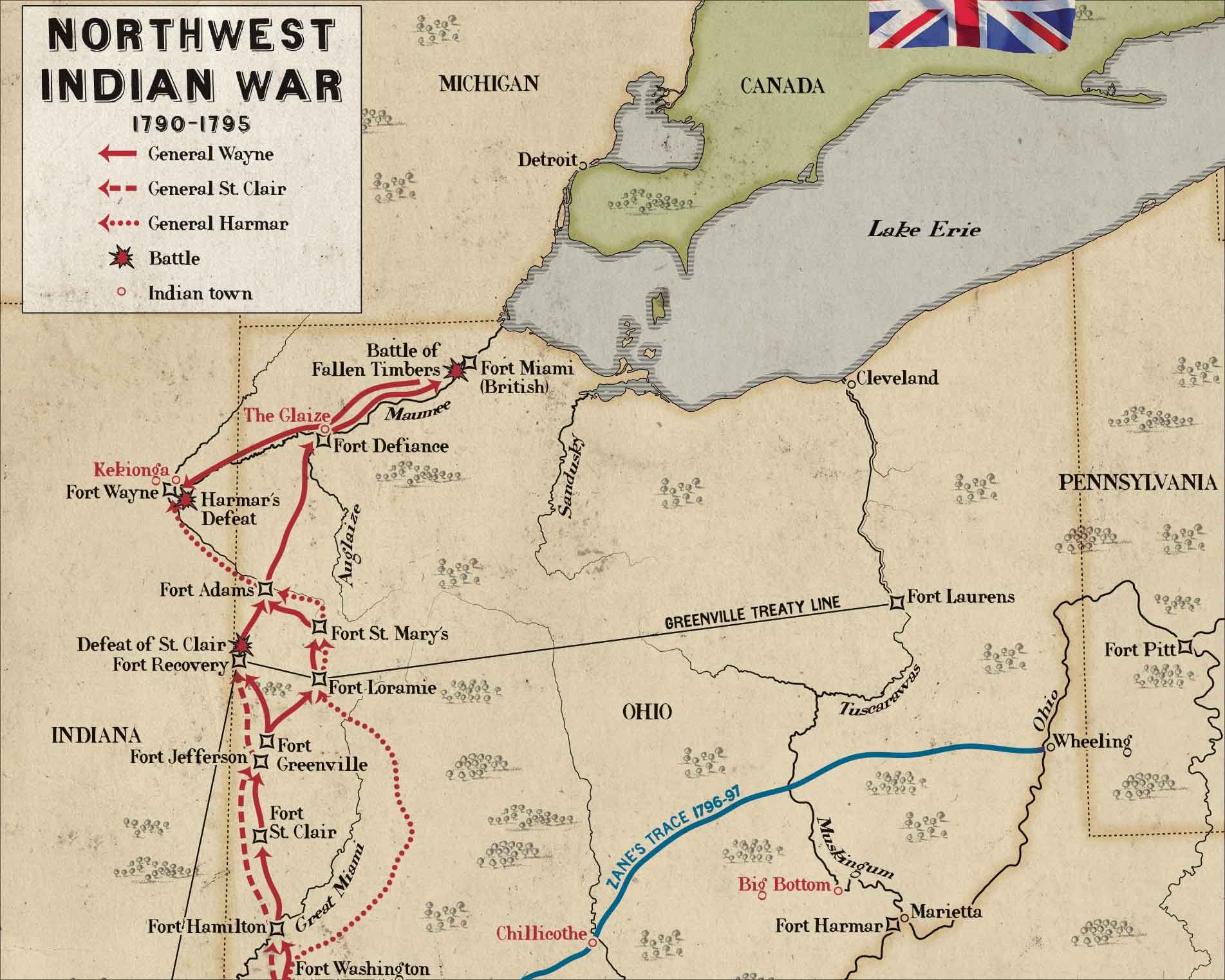
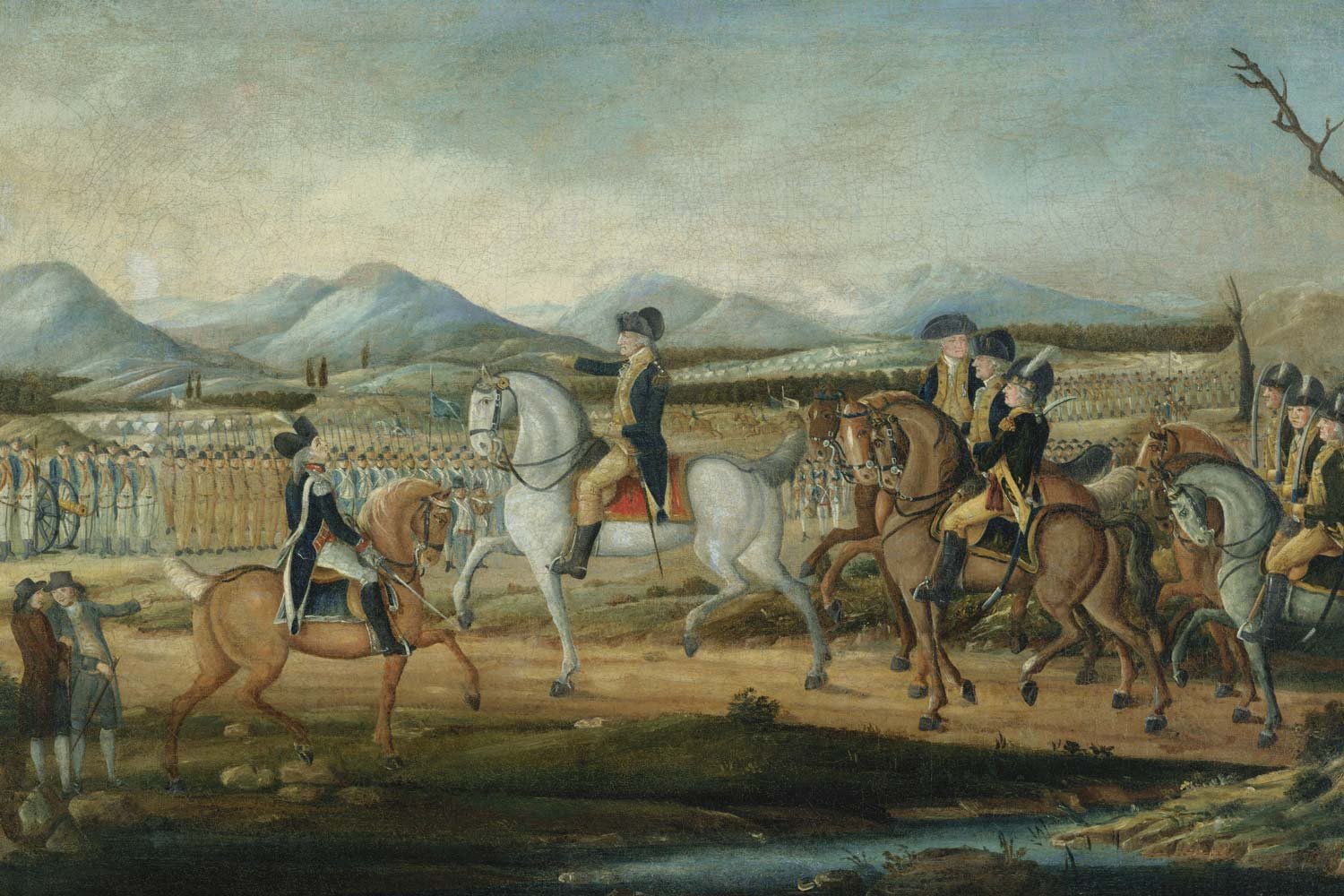
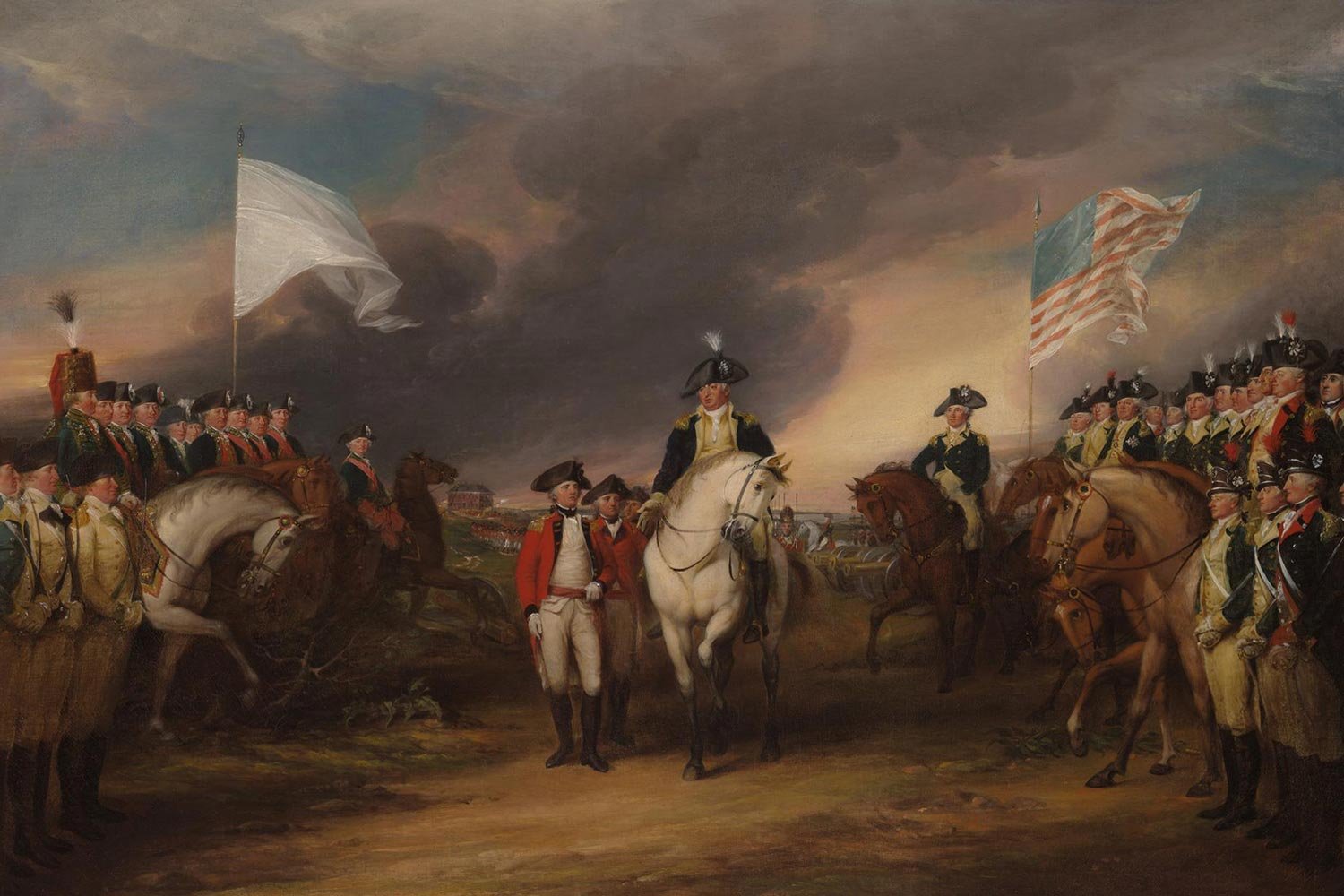
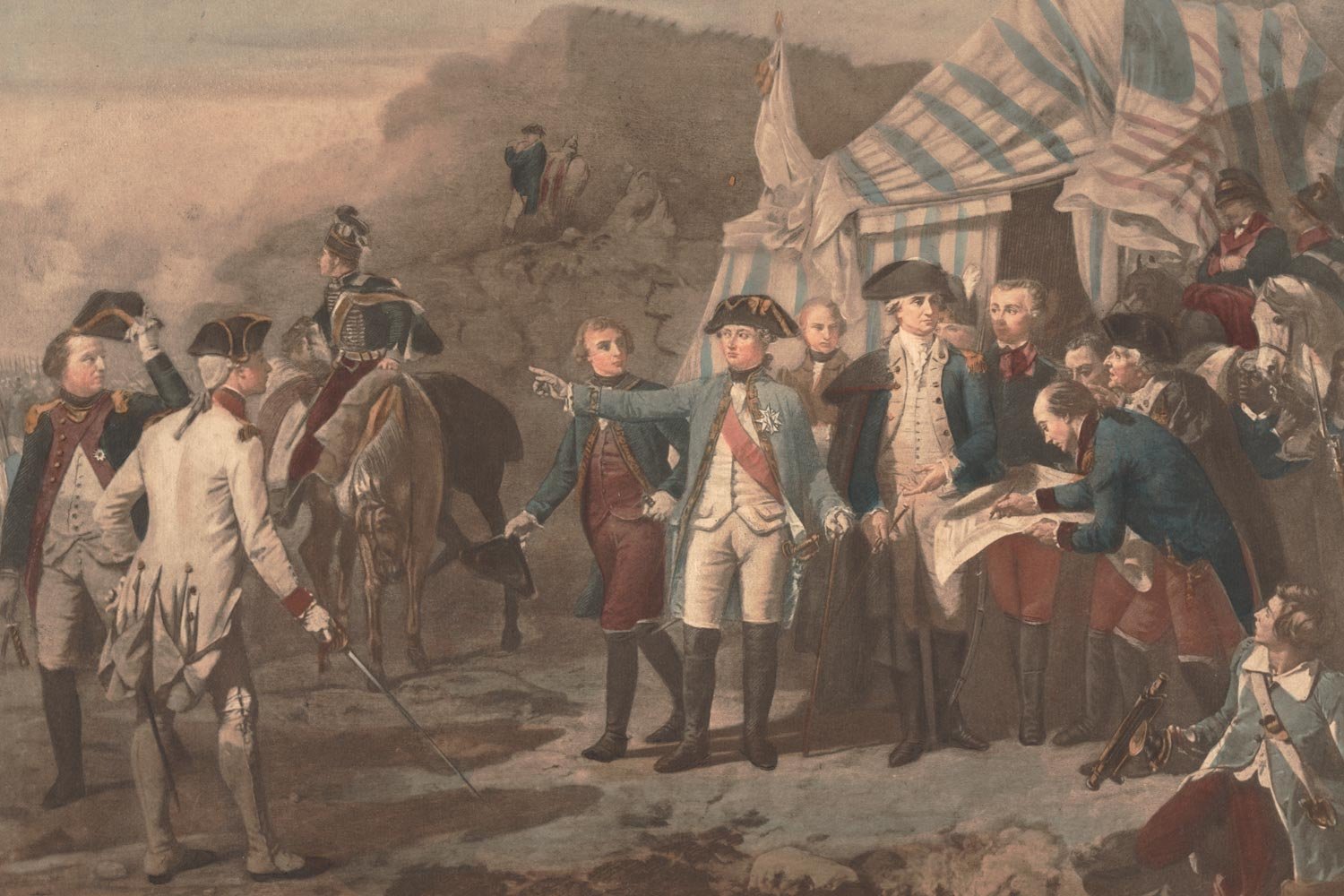
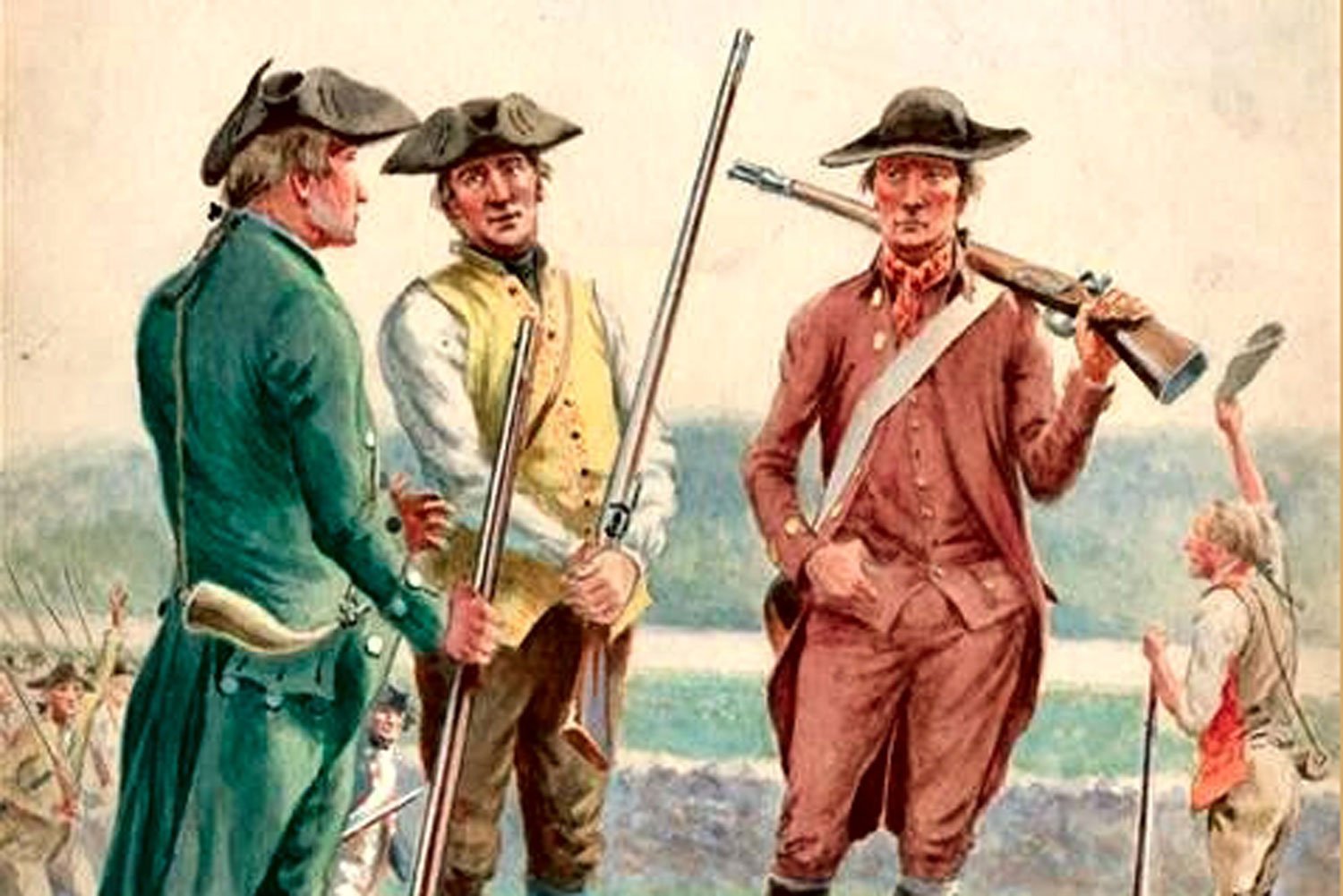
The only fighting in the Quasi-War occurred at sea, and mostly in the Caribbean. But with war at a fever pitch and French interests so close by in Louisiana, there was a very real concern in Congress about a possible French invasion of the United States from the west.